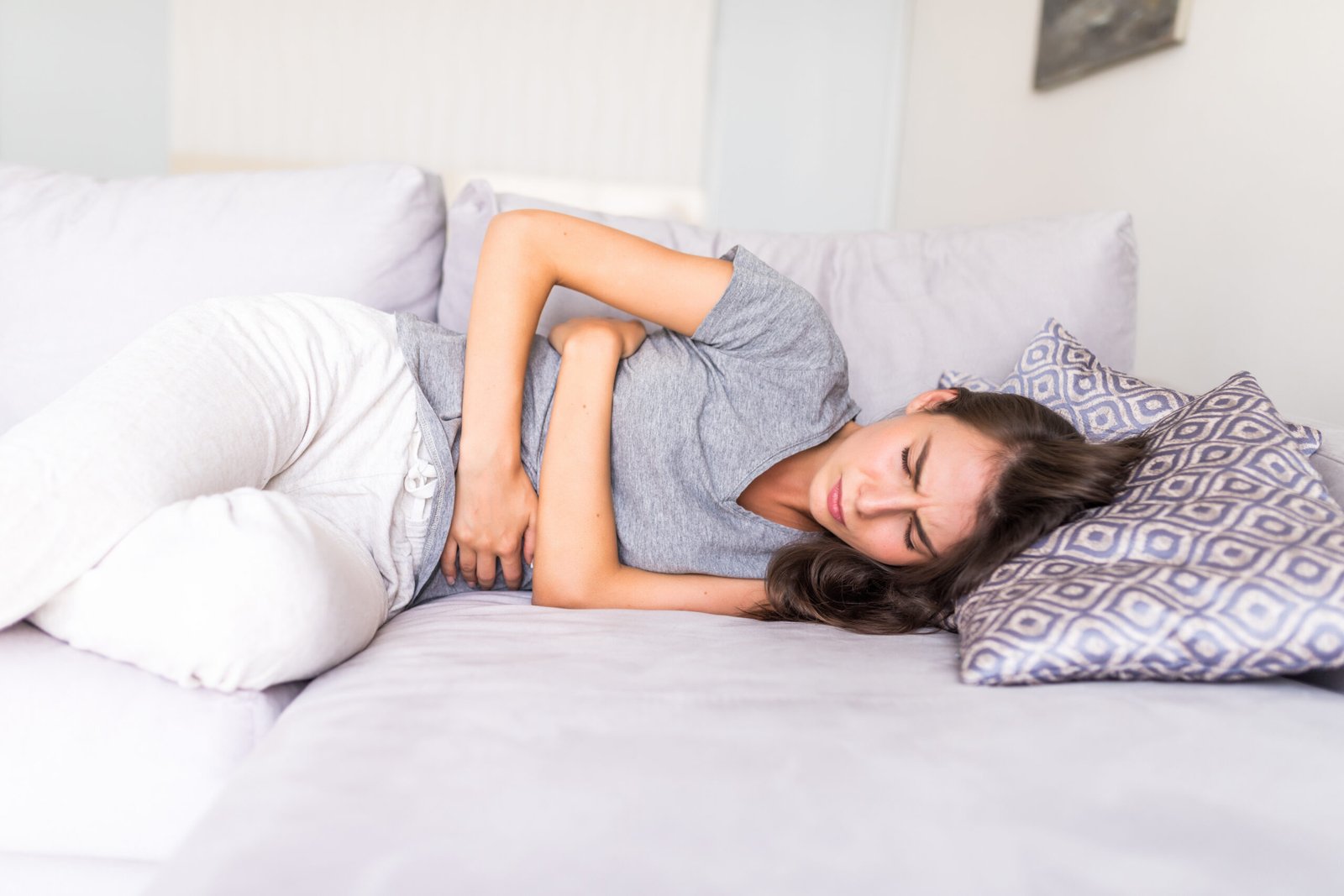Introduction: Diverticulitis is a common condition affecting the digestive system, causing inflammation and discomfort. In this comprehensive guide, we’ll delve into the causes, symptoms and effective management strategies for diverticulitis.
What is Diverticulitis?
Diverticula, which are tiny pouches that can form in the colon’s walls, can become infected or inflamed and cause diverticulitis. These pouches may develop due to pressure on weak spots in the colon walls, leading to various complications.
Causes of Diverticulitis:
- Low-Fiber Diet: Diets low in fiber can contribute to the development of diverticula, as they lead to harder, more compacted stools.
- Age and Genetics: Advancing age and genetic factors play a role in the susceptibility to diverticulitis.
- Lifestyle Factors: Sedentary lifestyles and obesity increase the risk of developing diverticular disease.
Symptoms of Diverticulitis:
- Abdominal Pain: Persistent, cramp-like pain, usually on the left side of the abdomen, is a common symptom.
- Fever and Chills: Inflammation may lead to fever and chills, indicating an infection.
- Changes in Bowel Habits: Constipation or diarrhea, along with changes in frequency, may occur.
Diagnosing Diverticulitis:
Medical professionals use various diagnostic tools, including:
- Physical Examination: Doctors may perform a physical exam to check for tenderness in the abdomen.
- Blood Tests: Elevated white blood cell counts can indicate infection.
- Imaging Studies: CT scans or abdominal ultrasounds can provide detailed images of the colon.
Treating Diverticulitis:
- Antibiotics: Mild cases are often treated with antibiotics to clear infections.
- Dietary Changes: Increasing fiber intake helps prevent future episodes by promoting regular bowel movements.
- Pain Management: Over-the-counter pain relievers and prescription medications may be used to manage pain.
Prevention Tips:
- High-Fiber Diet: A diet rich in fruits, vegetables and whole grains can prevent diverticula formation.
- Hydration: Drinking plenty of water helps maintain bowel regularity.
- Regular Exercise: Physical activity promotes overall digestive health and reduces the risk of diverticulitis.
When to Seek Medical Attention:
Persistent or severe symptoms, such as intense abdominal pain, fever, or rectal bleeding, require immediate medical attention.
Conclusion: Diverticulitis is a manageable condition with the right approach. By understanding its causes, recognizing symptoms, and adopting preventive measures, individuals can take control of their digestive health. Consultation with healthcare professionals is crucial for accurate diagnosis and tailored treatment plans. Prioritizing a healthy lifestyle, including a high-fiber diet and regular exercise, can significantly reduce the risk of diverticulitis and promote overall well-being. ##


